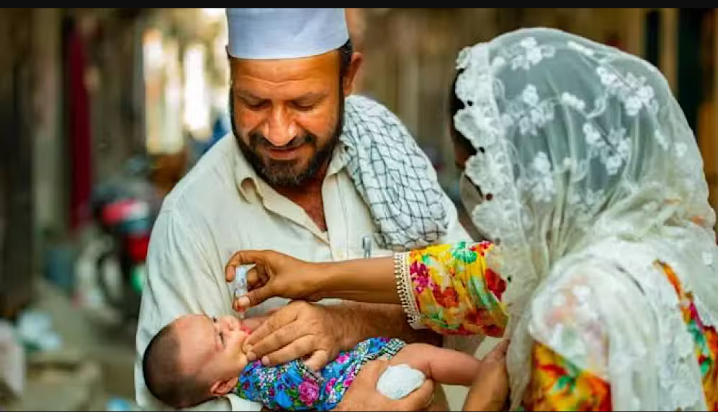PolioPM Shehbaz Sharif Clarifies No New Taxes on Solar Panels remains a pressing health concern in Pakistan, with new cases reported despite decades of eradication efforts. With over 30 years of vaccinations, why does this disease persist? Recent discussions in the Parliamentary Caucus for Children’s Rights propose a bold solution: linking polio vaccinations to the issuance of national identity documents. Could this policy be the game-changer Pakistan needs?
The Polio Situation in Pakistan
A National Emergency
Pakistan is one of the two remaining countries where polio is endemic. In 2024, nine cases emerged from a single union council in Dera Ismail Khan, highlighting the urgency for enhanced measures. According to Dr. Malik Mukhtar, overcoming logistical and societal barriers is essential to ending polio.
Sacrifices of Polio Workers
Polio workers have shown immense dedication, often risking their lives to vaccinate children in remote and conflict-affected areas. Yet, societal resistance and misinformation continue to hinder their efforts.
Linking Polio Vaccination to Identity Documentation
Why This Proposal Makes Sense
The proposal to make polio vaccination mandatory for obtaining ID cards, B forms, and passports is innovative. Here’s why:
- Increased Coverage: Linking vaccinations to essential documents ensures greater compliance.
- Accountability: It provides a trackable system for vaccinations.
- Public Health Impact: Wider immunization coverage can help achieve the goal of a polio-free Pakistan.
Addressing Challenges
Overcoming Resistance
To ensure the success of this policy, it’s crucial to address:
Misinformation:
Launch nationwide awareness campaigns to debunk myths.
Accessibility:
Ensure vaccinations are free and readily available in remote areas.


